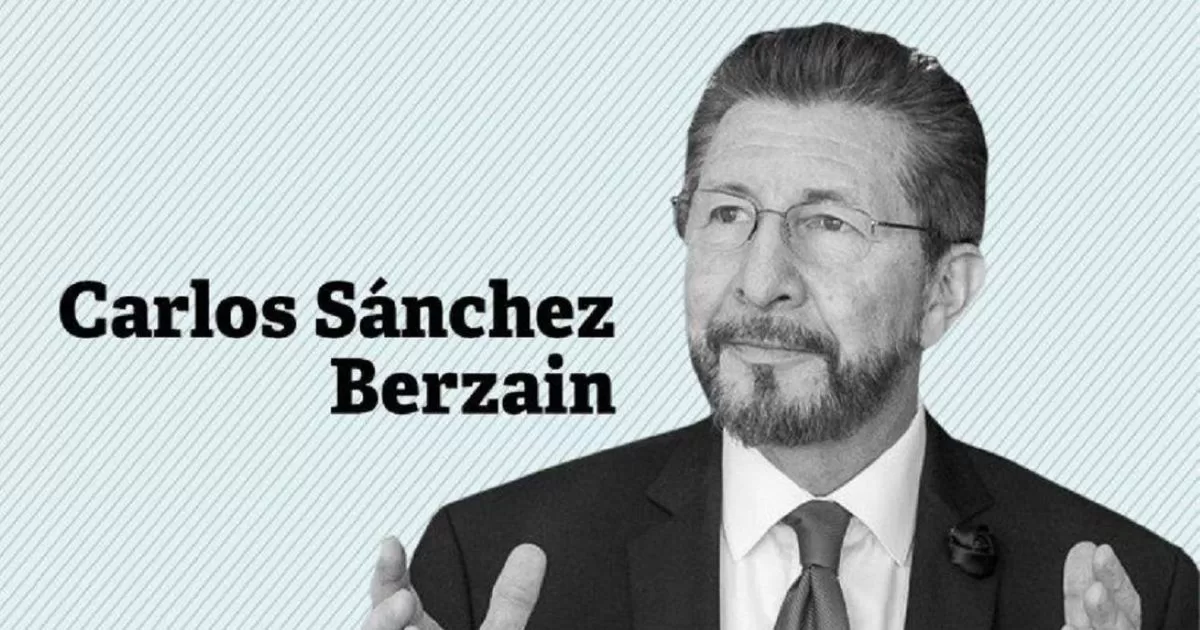The campaign to legitimize crime in the Americas has been so successful that today it is presented as a social, artistic, cultural and political expression. Pressure groups, popular music, novels, television series, film productions, electoral campaign proposals and government and opposition positions, express and operate in favor of decriminalization, reduction of sentences, change in types of crimes, forgiveness of serious crimes committed by criminals who seek and obtain impunity. It is part of the operations of 21st century socialism and the crisis of which Ecuador is a victim must be the breaking point to end the legitimization of crime.
Legitimation means “legalize, certify, validate and recognize.” It consists of giving legal or acceptable status to something that is and is marked and established as illegal, invalid, unacceptable and criminal. The effects of legitimation come from its promoters and the objective to be achieved in the legal, social, economic, and political sphere. To legitimize something is to make acceptable what is not, crimes and crimes into normal actions, an area in which legitimation is another form of crime.
The legitimation of crime is of interest to criminals who have always sought to justify their antisocial acts with arguments of common interest, false morality or political disguise. Convert a conspiracy or an assault into a revolution, transform murder into an act of popular justice, turn drug trafficking into an anti-imperialist struggle, present political prisoners and torture as a defense of the revolution, assault and confiscations as the recovery of popular heritage, terrorism as conflict, converting coca and cocaine into defense of the land, robbery into the fight against poverty, human trafficking and slavery into internationalism, criminal indoctrination into education….
During the last 25 years, 21st century socialism or Castrochavism has produced and disseminated programs and narratives of legitimization of crime, protection of criminals and impunity. This is proven by the effects of the so-called peace treaties between Colombia and the FARC or “Havana” by which they have turned terrorists, drug traffickers, murderers, rapists of minors and perpetrators of the worst crimes into senators and deputies and politicians. , while they proceed to persecute and imprison, murdering the reputation of those who defended society, the validity of the law and the “rule of law”, falsely attributing to them the violation of human rights that the criminals perpetrated and that motivated the action of the State and its organs. .
Argentina with thousands of military prisoners who defeated urban terrorism, while the perpetrators and their accomplices held power with corruption in the Kirchner governments, is another success of criminal legitimation. In Bolivia, in the name of defending the land (the Pachamama), they turned drug trafficking into the fastest means of social and political advancement and transformed the guerrilla Guevara from an invading murderer into a false hero. In Peru, the defeat of the terrorist and narco guerrillas of the MRTA and the Shining Path turned them into a “conflict.” In Mexico with López Obrador and his “hugs and not bullets”…in Brazil the “Lava Jato” that took Lula da Silva to jail and compromised the entire region in the most serious case of institutionalized corruption presented as persecution. The entire region is full of these cases of legitimization of crime and criminals.
The legitimization of crime is preceded, accompanied and supported by an aggressive and successful cultural attack that ranges from popular music, television series, cinema, social networks and the modification of educational programs and texts, where The conclusion is that “crime pays”, that “you can be a criminal and be good”, that “the criminal wins”, that it is “a form of fight against poverty and inequality”. This is reflected in surveys on future preferences of Latin American youth.
Officially, the dictatorships of 21st century socialism – narco-states – have used and use international forums and organizations and the representation of the countries they oppress, to proclaim the “failure of the fight against drug trafficking”, to present the international fight against crime. as “acts of interventionism by the DEA”, to request “the legalization of drugs”, to promote “peace agreements with guerrilla groups and drug traffickers”, in short to “legitimize crime” and seek impunity, because the Cuban dictatorships , Venezuela, Bolivia and Nicaragua are organized crime that holds political power.
In the case of Ecuador, reality proves that during the more than 10 years of Correa’s Castro-Chavez dictatorship the country was converted into a narco-state, a base for terrorists and a center for the organization and protection of crime. If the people and democracy of Ecuador once again defeat the dictatorial crime that is operating as common crime, this will be the breaking point in the Americas to end the legitimization of crime.
*Lawyer and Political Scientist. Director of the Interamerican Institute for Democracy
www.carlosanchezberzain.com



